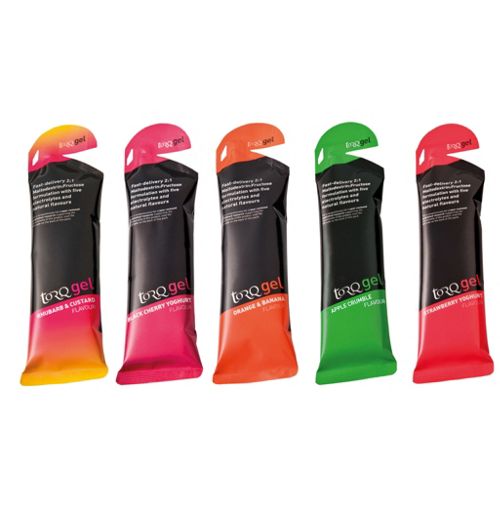Running is an excellent form of physical activity, and fueling your body properly is essential to ensuring that you can perform at your best. There are many options to choose from when it comes to fueling before, during, and after a run, and here are the top five.
- Carbohydrates: Carbohydrates are the primary fuel source for the body during high-intensity exercise like running. Eating complex carbohydrates such as whole grains, fruits, and vegetables before a run will provide you with the energy you need to perform at your best. During a run, sports drinks and gels that contain carbohydrates can help replenish your energy stores and keep you going.
- Electrolytes: Electrolytes such as sodium, potassium, and magnesium are essential for proper hydration and muscle function. They are lost through sweat and need to be replenished, especially during longer runs. Sports drinks and gels that contain electrolytes can help prevent dehydration and maintain performance.
- Protein: Protein is important for muscle recovery and repair after a run. Consuming a source of protein within 30 minutes of finishing a run can help with muscle recovery and reduce muscle soreness. Good options include a protein shake, Greek yogurt, or a turkey sandwich.
- Fat: Fat is a slow-burning fuel source and can help sustain energy levels during longer runs. Eating foods high in healthy fats such as avocados, nuts, and olive oil before a run can help keep you feeling full and provide sustained energy.
- Hydration: Proper hydration is crucial for performance and recovery, and it’s important to stay hydrated before, during, and after a run. Aim to drink 500-750ml ounces of water 2-3 hours before a run and 200 – 300 ml every 10-20 minutes during a run. Sports drinks can be helpful for replenishing electrolytes lost through sweat.
In conclusion, the top five fueling options when running are carbohydrates, electrolytes, protein, fat, and hydration. A balanced diet that includes these components can help you perform at your best and recover quickly after a run. It’s important to remember that everyone’s nutritional needs are different and to experiment with what works best for you.
This information should not replace dietary or nutritional advice that you have received. Rather it is an informative piece to help you decide on your best strategy for performance.
Thanks for reading
James @physiorun
